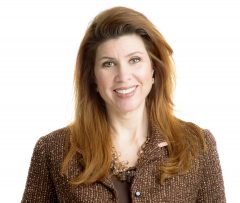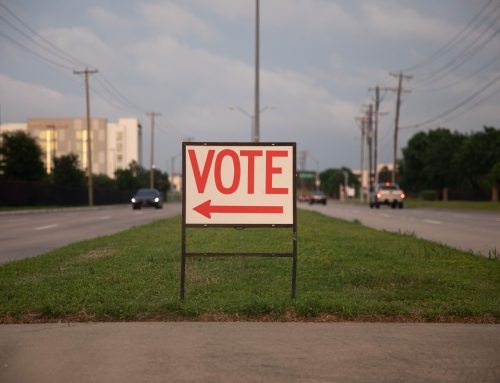 Ten years ago, I had never heard the word “charrette.” Had you asked me what it meant, I would have guessed “a jaunty French hat” or “a very tiny chair.”
Ten years ago, I had never heard the word “charrette.” Had you asked me what it meant, I would have guessed “a jaunty French hat” or “a very tiny chair.”
My first experience with the term was at Dallas City Hall. It was a decade ago, when I was first running for Dallas City Council, and the city was in the initial stages of creating a comprehensive land-use plan to define Dallas’ future growth. The city held a series of meetings to gather public input. Only these weren’t public meetings. They were charrettes.
I soon learned that the difference between public meetings and charrettes was defined by the level of pre-school craftiness involved. If you sat in a chair the whole time listening to a presentation, you were most likely at a public meeting.
But if the experience was interactive, if you got to walk around to different “stations” and draw on big white boards and play with glue sticks and colored dots and maps, well, then, you have been charretted upon.
In 2005, I attended more than half a dozen charrettes for the comprehensive plan and it was inspiring to see residents from across the city enthusiastically drawing and cutting and pasting and dreaming about the future of our city.
Nearly a year into my first term, the final draft of the comprehensive plan was presented to City Council for approval. I read all 454 pages. None of the smart, thoughtful input from residents had been incorporated. It was city staff’s plan from cover to cover, and not a neighborhood-friendly one, at that.
I was incensed. All those meetings, those fancy “charrettes,” had been a sham designed to exploit residents’ reasonable expectation that their voices mattered, when in fact, they did not. In the end, only Councilmember Mitchell Rasansky and I opposed staff’s plan.
In the intervening years, I have seen this same exercise play out again and again. The public is asked to give input, then their opinions are ignored, city staff does what it had planned to do all along, and the so-called public process is lauded. It’s shameless political theater.
That same chicanery is playing out yet again as Mayor Mike Rawlings and former City Manager Mary Suhm sense that public sentiment is turning against the Trinity Toll Road. They need something to distract the public long enough to get their version of the road approved by the federal government early next year. Their solution is to bring in high-priced consultants to “re-imagine” the Trinity Toll Road.
And, yes, there will be charrettes.
Even if you don’t give a fig about the toll road, this brazen deception should concern you. The dirty little secret, the one that Suhm and Rawlings hope you don’t catch onto, is this: The design of the toll road can’t be changed at this point without starting the lengthy federal review process all over again. Very detailed engineering plans have been submitted to the federal government for approval, and the feds have confirmed that the city must adhere to those plans. The only question at this point is what shade of lipstick to put on that pig.
So the consultants, the charrettes, the solemn reconsideration, it’s all political theater designed to distract Dallasites while the city moves forward with its plan to build a massive toll road in the Trinity floodway.
The city will keep going back to this playbook for decisions large and small until something changes at 1500 Marilla Street. There are six open City Council seats up for election this May. It’s a remarkable opportunity to change the course of this city and elect a council that will do more than just pretend to listen.
My hope is that residents have grown tired of charrettes. That they will put away the colorful markers and set down the glue sticks and head to the ballot box. That they will set their sights on the keys to City Hall.





